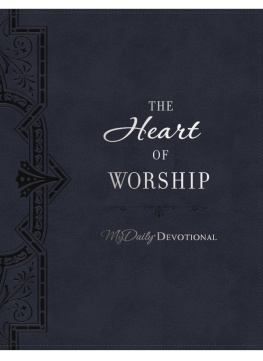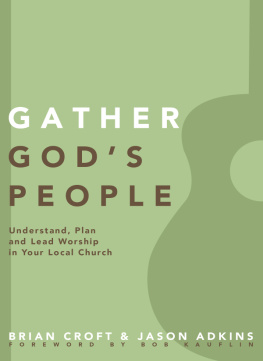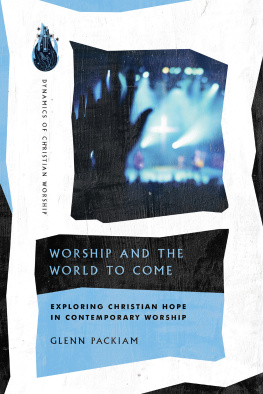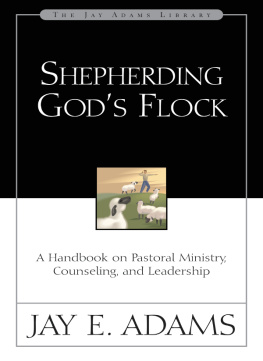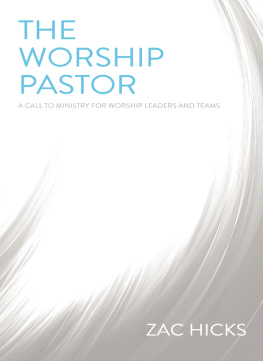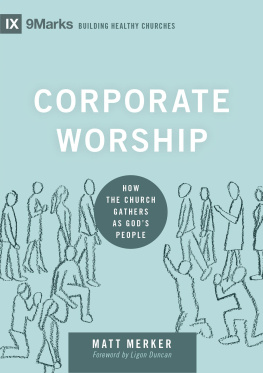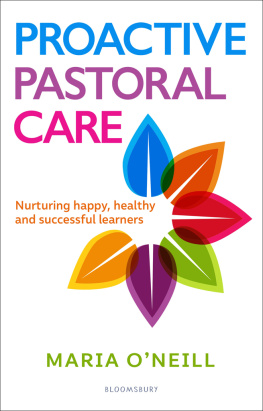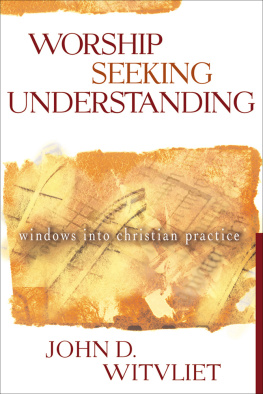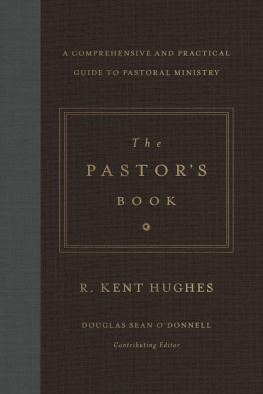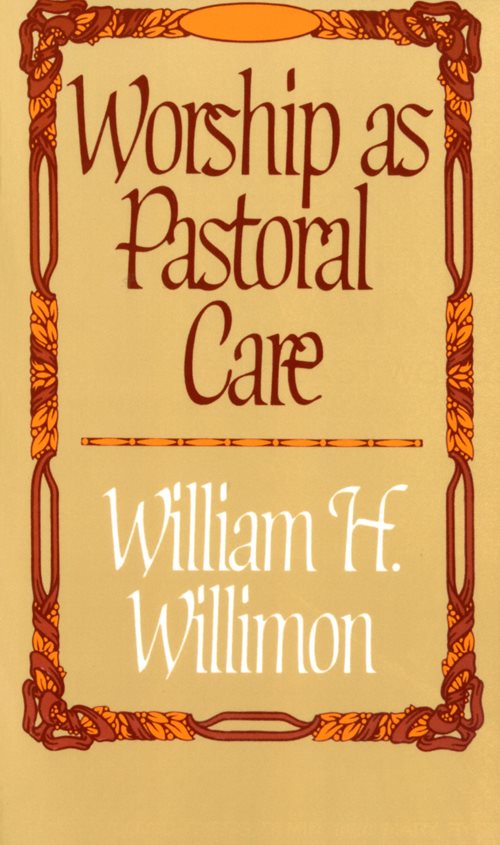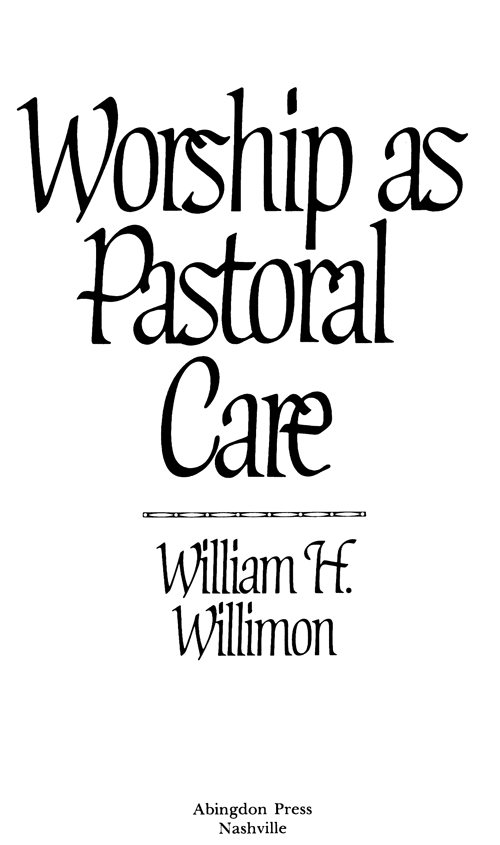Introduction
I never took a course in worship or the liturgy while I was in seminary. There were courses taught in this subject at my seminary, but it was the period of the frenetic, secular sixties, and I, preparing myself to be a pastor to modern come-of-age humanity, felt little need to spend my time thinking about something so anachronistic as worship. Besides, I was a Protestant, and what had things like the sacraments, liturgical prayer, and so forth to do with me?
But my first little church in rural Georgia taught me things that the seminary had been unable to teach. That little congregation of fifty or so members led me to worship even as I assumed that I was leading them! While the guiding images in my preparation for ministry were pastor, counselor, prophet, teacher, or administrator, my parishioners now thrust me into a new and infinitely more perplexing (and personally threatening) rolepriest.
It was one thing to preach to them (and, at times, at them), to give them advice and guidance, to educate them and expand their knowledge of and practice of the faith. All these pastoral activities could be done (or so I assumed) with a fair degree of distance, safety, and guarded involvement. Besides, there were plenty of secular models for these activities and much cultural approval for ministers who limited their roles to these categories.
But it was another thing to be their priest, to stand with them before God, to mediate between their lives and loves and the life and love of the Almighty. Even in this thoroughly rural, utterly Protestant, unbendingly nonliturgical congregation, there was no escaping the fact that I was their priest. They could call me preacher, and I could lead worship in my gray business suit, and we could sing gospel songs and have altar calls and testimonies, but there was no denying that I was their priest, the one who daily stood before them and God, leading them in their own liturgy whereby God could meet us and we could meet God. They confessed in their prayers on Sunday morning and with me in my office on Monday morning, and I heard their confessions and, in a myriad of ways, pronounced their forgiveness. They offered themselves and their gifts to God at the altar on Sunday and when they painted the Sunday school rooms on Saturday, and I helped them make and claim their offering as an offering to God. They shouted, doubted, sang, wept, saw visions, and shook their fists in rage, and, in short, they worshiped. And, I confess, in so doing they led me to worship.
There I was, astonished by their deep involvement in their acts of worship, perplexed by their unbending resistance to my well-meaning attempts to "improve" their worship, frustrated by their apathetic response to my most cherished values, surprised by their sometimes extravagant enthusiasm over my sermons and prayers that I had judged to be quite mediocre, swept into their unselfconscious moments of spontaneous adoration.
I became curious about worship. Why were they there each Sunday? What were they doing, and what did they think they were doing? Why such intense anger, apathy, happiness, fear, and compulsiveness in their worship life? Why was I a bundle of reluctance and wholehearted enthusiasm, nervousness and confidence, self-doubt and celebration when I led them in worship? My curiosity led me to a study of worship and liturgy.
As I continued to think and write about the worship life of the church and as I continued to exercise pastoral responsibilities, I became frustrated with two aspects of my work as a pastor.
For me, pastoral care had been interpreted mainly in terms of pastoral counselingand rather limited, carefully circumscribed models of counseling at that. I had learned various techniques and approaches to the counseling task, but many of these proved to be inadequate or unrealistic in an actual parish setting. The fifty-minute hour of the counseling session was more often the ten-minute crisis or the momentary sidewalk encounter. I felt that I was a conscientious, caring pastor, but, frankly, only a small portion of that care was devoted to "counseling" in any strict sense of the word. Besides, I was troubled by what I interpreted to be a growing cleavage between many of those who were in the pastoral counseling field and the theological affirmations and day-to-day pastoral work of life in the parish ministry.
On the other hand, I also experienced some pastoral frustration in my attempts to utilize in the church what I was learning about the liturgy in my graduate studies. While there was much ferment within liturgies and a great deal of intriguing change and new insights, most liturgical scholars limited themselves to historical spadework, theological reflection, or construction of badly needed new liturgical texts. As new forms of worship and new liturgical insights emerged, I experi enced great difficulty in implementing these new forms within the local church, and I saw that much more was involved in renewing the liturgy than simply educating the congregation to an appreciation of historically and theologically respectable liturgies.
This book comes out of my own effort to better integrate the role of priest and pastor and to see some of the many ways in which worship and pastoral care can inform, challenge, enrich, and support each other. My goals here are to suggest some of the ways in which priests can be pastors and vice versa, to sensitize my fellow pastors to the rich resources for pastoral care within the liturgical life of the church, and to show how insights and skills of the pastoral care disciplines can be of service in the continuing task of liturgical renewal.


